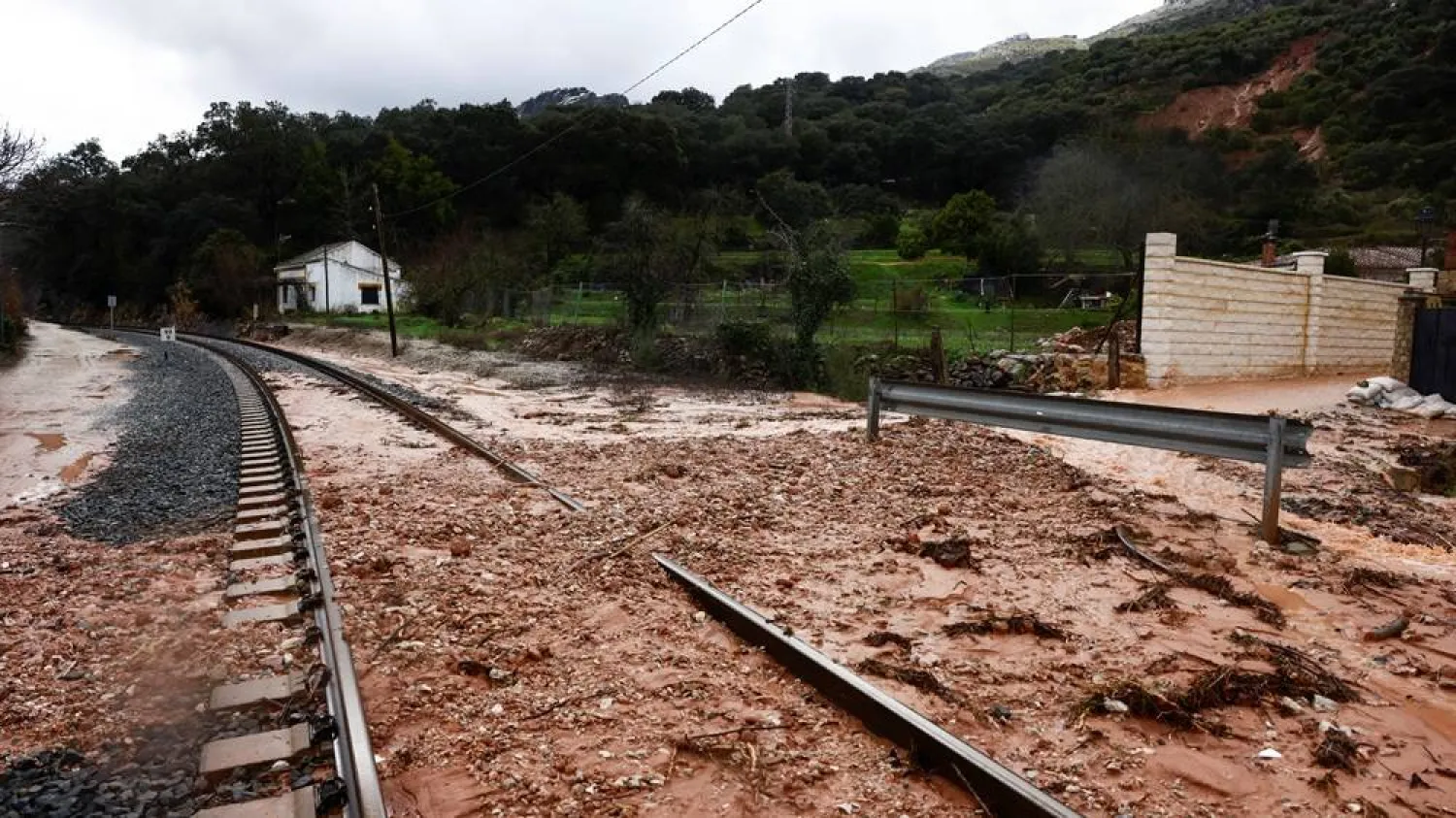Stretching across 91,500 square kilometers south of Rafha Governorate in the Northern Borders Region, the Imam Turki bin Abdullah Royal Nature Reserve is the Kingdom's second-largest protected area.
This expansive reserve boasts a variety of landscapes, including rolling grasslands, shrublands, and plains known as the "savannah." This natural landscape creates picturesque scenery and provides a habitat for diverse flora and wildlife, the Saudi Press Agency reported on Thursday.
It boasts stunning natural beauty and unique biodiversity, including species such as Arabian oryx, sand gazelles, and Arabian ostriches.
The reserve is a haven for plant life, boasting over 180 species recorded, representing 7.5% of the total plant species in the Kingdom. These include acacia, jujube, arta (Calligonum comosum), ghada (Haloxylon persicum), arfaj (Rhanterium epapposum), aather (Artemisia monosperma), and ramath (Haloxylon) trees.
The reserve's environmental diversity is a result of its vast size and varied topography. From the deep valleys to the towering mountains, from the wide plains to the basalt plateaus, the reserve's landscapes provide captivating contrast. These diverse habitats serve as vital refuge for a wide range of wildlife, including both resident and migratory species.
Imam Turki bin Abdullah Royal Nature Reserve, a Haven of Environmental Diversity

The Imam Turki bin Abdullah Royal Nature Reserve is the Kingdom's second-largest protected area. (SPA)

Imam Turki bin Abdullah Royal Nature Reserve, a Haven of Environmental Diversity

The Imam Turki bin Abdullah Royal Nature Reserve is the Kingdom's second-largest protected area. (SPA)
لم تشترك بعد
انشئ حساباً خاصاً بك لتحصل على أخبار مخصصة لك ولتتمتع بخاصية حفظ المقالات وتتلقى نشراتنا البريدية المتنوعة







